Pietro Parolin, an Italian, was appointed Vatican Secretary of State by Pope Francis in August 2013 (he took office in mid-October). His elevation is due to the canonical and diplomatic seniority the position of Vatican Secretary of State normally requires. Archbishop Parolin, at 59, is the youngest Secretary of State since 1929, when Eugenio Cardinal Pacelli — the future Pope Pius XII — was appointed at age 53.
Parolin was born in Schiavon, in the Province of Vicenza, in northern Italy, in 1955. He is the son of a hardware store manager and an elementary school teacher. He has one sister and a brother.
He was ordained a priest in 1980. He then earned a graduate degree in canon law at the Pontifical Gregorian University, Rome, while studying diplomacy at the Pontifical Ecclesiastical Academy.
He entered the Holy See’s diplomatic service in 1986 and has served the Holy See as a diplomat since then, in the nunciatures of Nigeria and Mexico, at the Vatican’s Secretariat of State after 1992, rising to Undersecretary of State for Relations with States (2002-2009), and finally in Venezuela, from 2009 to 2013. He speaks Italian, English, French, and Spanish.
So Parolin is very well-informed about the situation in Latin America today, having lived in Mexico and Venezuela. In Mexico, he contributed to achieving the legal recognition of the Catholic Church in 1992 and the establishment of diplomatic relations between the Holy See and Mexico.
While serving in Africa he got acquainted with the problems of Christian-Muslim relations.
He has also, over the years, followed closely events in Vietnam and in China. So he is well-informed on Asia. He represented the Vatican on various sensitive trips to North Korea and Vietnam. He was part of the procedure which prepared the way to the establishment of full diplomatic relations between the Holy See and Vietnam.
Moreover, he was for a number of years the Vatican’s lead negotiator at nuclear arms reduction talks in Vienna. So he understands well the situation of global armaments and their control.
Addressing the International Atomic Energy Agency on September 18, 2006, at its headquarters in Vienna, Austria, Parolin referred to this treaty as “the basis to pursue nuclear disarmament and an important element for further development of nuclear energy applications for peaceful purposes.” He said: “Since this treaty is the only multilateral legal instrument currently available, intended to bring about a nuclear weapons-free world, it must not be allowed to be weakened. Humanity deserves no less than the full cooperation of all states in this important matter.”
He also dealt with the legal issues between the Vatican and Israel.
At the beginning of Pope Benedict’s pontificate, in 2005 direct contact was re-established with China. Parolin was heading the Vatican delegation in the confidential negotiations with Chinese officials to solve the problems connected to the situation of Christians in the Communist country. That was the period when a real turning point was achieved in the problematic Chinese-Vatican relations. As one of the outcomes, Pope Benedict XVI sent Chinese Catholics the June 2007 Letter.
In 2009, Pope Benedict XVI appointed Parolin apostolic nuncio to Venezuela. It was a difficult assignment because of the conflicts arising between the State and the Church in Venezuela were under Hugo Chavez’s presidency, who attempted to advance his socialist revolution.
After Parolin’s appointment as Secretary of State, in a press release, he stated his willingness and complete availability “to work with the Pope and under his guidance for the greater glory of God, the good of the Holy Church, and the progress and peace of humanity, that humanity might find reasons to live and to hope.”
In a recent interview for the Vatican Television Center (CTV), Parolin expressed his mutual aim with the Pope to transform the relations of the Church, as he put it, into “a renewal, a conversion which involves all structures of the Church, including the Roman Curia and ecclesiastical diplomacy, which are the two main areas in which the activity of the Secretary of State takes place.”
He also explained the role of Vatican diplomacy, defining it as a “human diplomacy” which should focus on the human person with special attention to the weak, the poor, the marginalized, the vulnerable and those who do not have a voice.
Parolin noted two points of attention: the South of the world and Europe, the contribution of the Holy See to “the construction of the European common home.”
Parolin is a courteous, friendly man, very well-trained, profoundly dedicated to his work (he often works into the evening, 12-hour days), and exceptionally calm and balanced: key attributes for the delicate work of diplomacy, which seeks to find a way to resolve problems and disputes between contending, and sometimes unreasonable, parties.
Parolin is now the key “filter” between Pope Francis and the world’s diplomatic and political communities, where the worldly interests of nations and interest groups contend and clash.
He has said he was taken by surprise when Pope Francis named him his Secretary of State, but Pope Francis clearly trusts him and will be relying greatly on him in the months ahead.
His episcopal motto is from the Letter of St. Paul to the Romans: “Nothing can separate us from the love of Christ.”
—Viktoria Somogyi


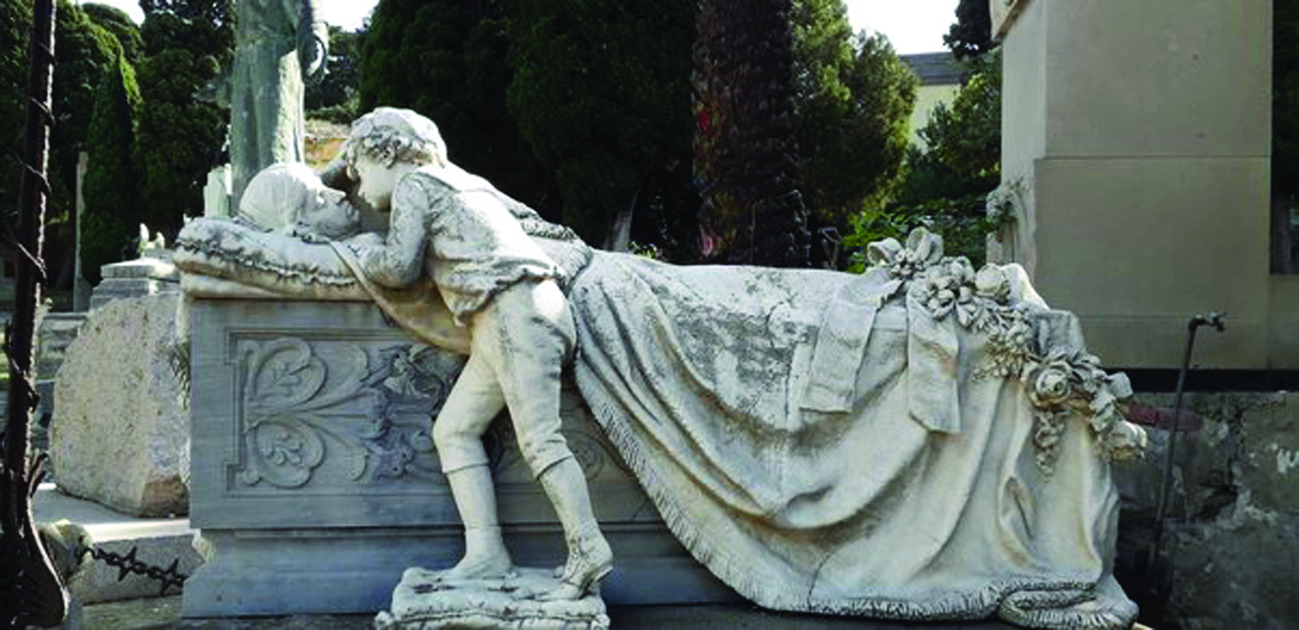
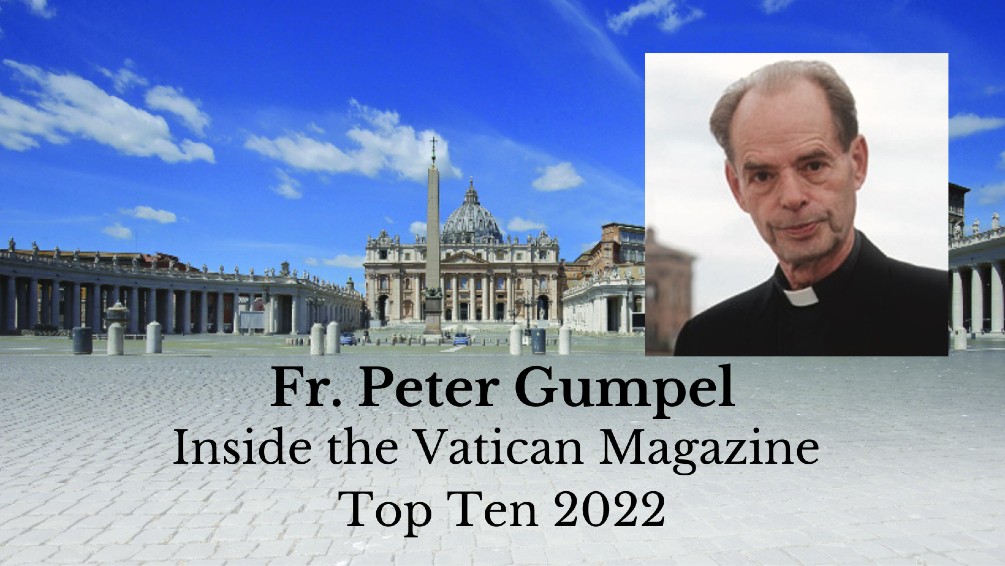
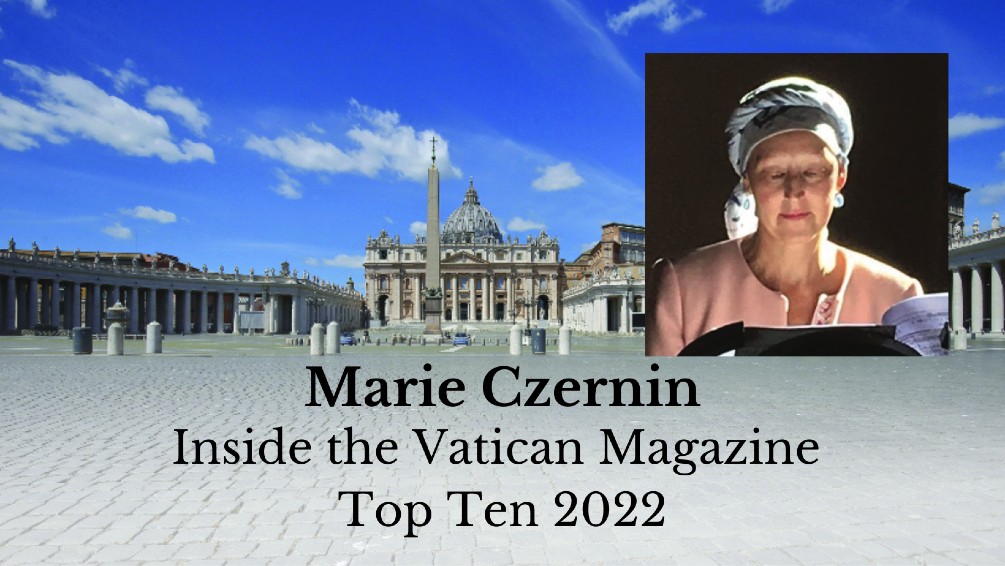
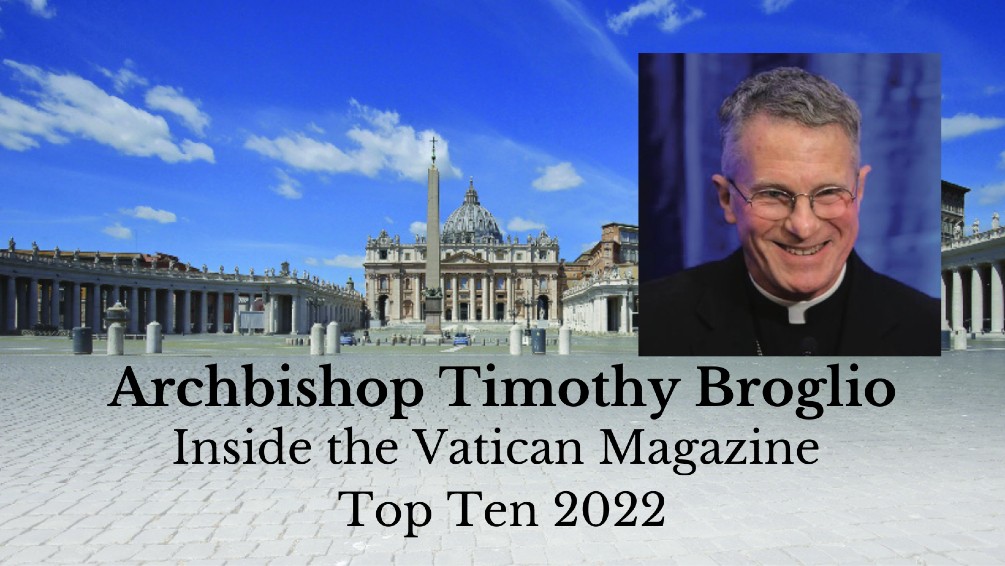
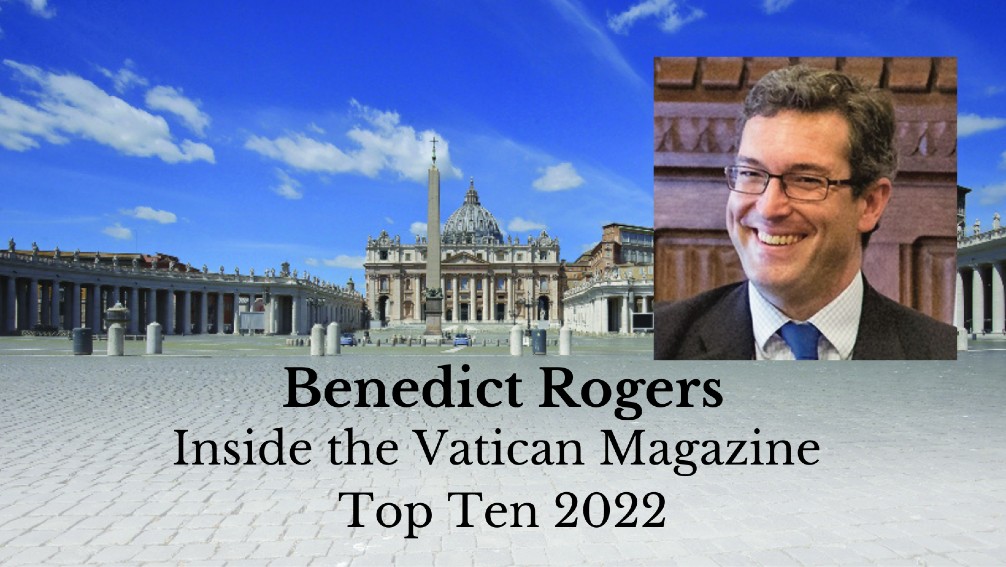
Facebook Comments